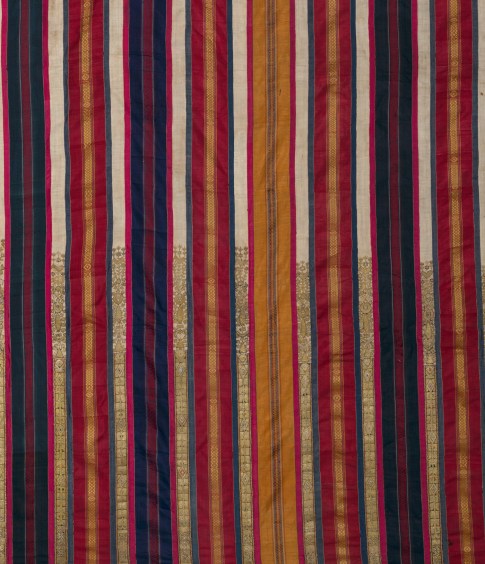
From among them the sign of the age, the shaykh of verification and precision, sea of knowledge, imām of the folk of understanding, Abū al-‘Abbās Aḥmad bin Zakrī al-Tilimsānī (d. 1492)…. At the beginning of his career he worked in the craft of weaving [in Tlemcen], being an orphan without a father, sending to his mother [earnings] that which would help her to maintain her daily sustenance. Now, there arose a disputed question between Shaykh Abū ‘Abdallāh Muḥammad ibn al-‘Abbās (or Abū ‘Abdallāh Muḥammad bin al-Ḥasan, I am in doubt as to which of the two it was) and his students, and the tumult around it increased and the debated question became so well-known that it began to circulate among the ordinary people. But Ibn Zakrī said, ‘This question that is so occupying the fuqahā’ is really easy to untangle!’ The weavers said to him, ‘How is that?’ So he began to explain it to them. A student overheard him and was impressed by his words, so he related it to the shaykh and he was amazed, so that the shaykh went to the weaving workshop with his students and presented himself before Ibn Zakrī and listened to his words. Then the shaykh said: ‘The like of this one is fit for nothing save the pursuit of knowledge!’ But Ibn Zakrī replied, ‘It’s not possible for me to enter myself into something save with the sanction of my mother.’ So the shaykh went to his mother and said to her: ‘How many dirhams does your son give you each day?’ She told him, and he replied: ‘That much will come to you from my own wealth for as long as you live, God willing! I will ensure that your son can totally devote himself to training in knowledge.’ She replied, ‘What love and generosity oh sīdī!’
Abū ʿAbd Allāh Muḥammad b. ʿAlī b. al-Ḥusayn b. Miṣbāḥ Ibn ‘Askar, Dawḥat al-nāshir li-maḥāsin man kāna bi al-Maghrib min mashāyikh al-qarn al-ʿāshir (Rabat: Dār al-Maghrib, 1977), 119-120.
Ibn Zakrī would go on to have an illustrious career as a scholar in many different fields, ranging from rhetoric to theology to sufism, and like many pious and ascetic ‘ālims of his day would be venerated as a saint during his lifetime and after his death.

___________________________
This work is licensed under a Creative Commons Attribution-NonCommercial 4.0 International License.

![L'épisode_du_sheïkh_de_Sana an_[...]Haïder_Me zoub_btv1b8415000w_71](https://thicketandthorp.com/wp-content/uploads/2023/04/lepisode_du_sheikh_de_sana-an_.haider_me-zoub_btv1b8415000w_71.jpg)

